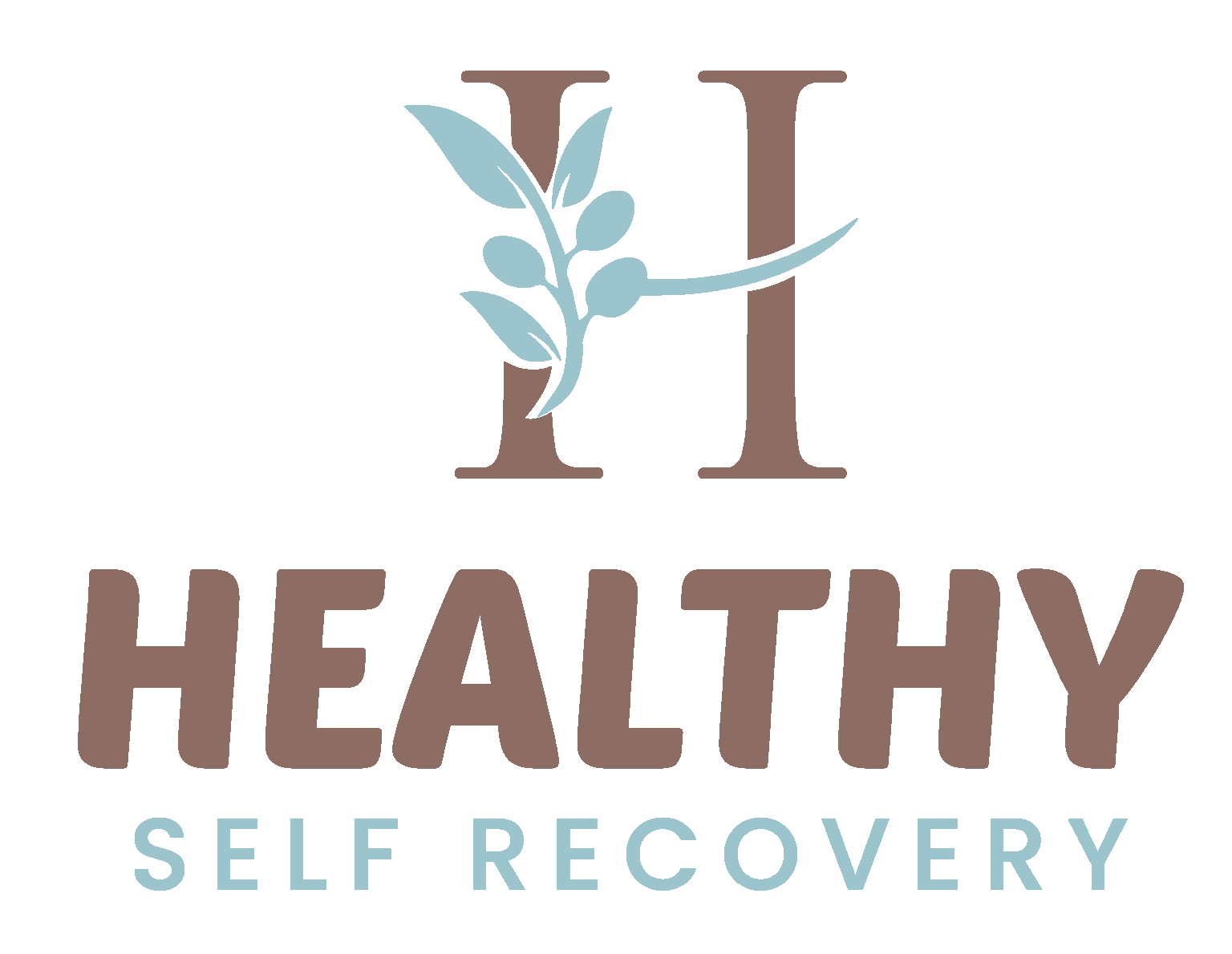My journey to recovery from anorexia was one of the most challenging things I have done in my life. But it was worth it to get to full recovery, peace with my body, and a life where my size, shape, or what I eat no longer defines me. However, the truth about recovery is that it’s frightening, it’s messy, it’s long, and everything feels worse before it feels better. When it feels like this, it’s tempting to return to the clearly defined rules and safety of an eating disorder. But the discomfort is not a sign that you are doing things wrong, rather that you are challenging your eating disorder and not listening to its demands.
Working with a certified eating disorder coach who has recovered and been through the very same journey can be pivotal. During eating disorder recovery coaching, they are able to reassure you that this is normal, support you through this difficult period, and keep you focused on a future not constrained by an eating disorder.

Some Hard Truths About the Middle of Anorexia Recovery
1. Things will feel worse before they feel better – here is why
>Facing the things you fear the most
At the start, things will feel far worse before they improve, and recovery will seem impossibly hard. It’s not surprising – recovery asks you to face all the things that you have been so fearful of for years – food, weight gain, rest, uncomfortable feelings, and so much more. Having to face these will provoke skyrocketing anxiety and fear, and will quite simply feel “Wrong”.
>Losing your failsafe coping mechanism
Eating disorder behaviours serve a purpose—often they help make sense of a chaotic world, distract from pain, or offer a sense of achievement. The rules and compulsions have become your way to feel safe and in control. Losing these can feel like free-fall. Your treatment team and coach will work with you to develop more constructive coping mechanisms. At first, these may feel insufficient, and suppressed emotions may arise. With time, these coping mechanisms become your go-to, and you learn to handle discomfort in a less destructive fashion.
>Extreme hunger and physical discomfort
You may experience extreme hunger and feel terrified by this primal urge to eat. It is also likely that you may feel overly full, bloated, and have digestive discomfort as you start to eat more food. This is caused by a slowed digestive system adjusting to an increase in food. With time and consistent nourishment, this improves.
>It may feel like you are losing your identity
Anorexia is ego-syntonic. What that means is that the eating disorder behaviours align with the picture you have of your ideal self, and it feels like the eating disorder is part of who you are as a person. Giving up eating disorder behaviours can therefore feel like you are losing an identity that you may have had for a very long time
2. There is never a right time to recover
Life doesn’t pause for recovery, and difficult events can occur while you work on healing. Stressful work, loss, breakups, or illness may make it seem like you should wait to recover. But there is never a perfect time. Life is always complicated, and you may never feel fully ready. Your eating disorder has already taken much—don’t let it take more. Recovering while living life, however messy, leads to a more fulfilling and resilient recovery.
3. You will experience grief
Your eating disorder has played an extremely significant part in your life, so it is completely normal to experience grief on losing it, even if it has caused immense collateral damage. The grief you feel can come in different forms.
You may grieve the loss of the security and reliability you received from it, as well as the illusion of control. Or you may grieve the habits and rituals associated with it, or perhaps the body you had, which is now changing
You may feel grief for the time you spent focused on your eating disorder and being disconnected from your life. The opportunities lost because of your eating disorder, the identity and sense of mastery that seemingly came from your eating disorder.
These feelings of grief are valid; they are simply part of the journey and deserve to be met with compassion and care, not shame.
4. Recovery is never linear – you will experience lots of setbacks
People who suffer from eating disorders tend to be very perfectionistic. They exact a huge pressure on themselves to do everything right, including recovery. However, there is no perfect way to recover, and no recovery journey is without setbacks. Setbacks can occur at any stage. Extreme hunger, triggering situations and environments, and neglecting self-care can all cause setbacks. It’s tempting to let the harsh inner critic jump on these as proof that you are not capable of recovery. In fact, setbacks are an important part of learning to let go of your eating disorder, as they offer an opportunity for reflection and readjustment in course.
5. You get to a stage of quasi-recovery and think that that’s it.
You have worked really hard at recovery, and from the outside, things seem to look a lot better than they were. – You have put on weight, are not experiencing extreme hunger anymore, your period is back, you have taken a break from excessive exercise, and your blood work looks normal. These were all previously markers of your struggle with anorexia. And while it might appear that there is no longer cause for concern, it’s important to recognize that these physical improvements are not the sole measure of recovery. A better gauge for recovery is the absence of eating disorder behaviours.

Signs You May Still Be Stuck in Partial Recovery
Below is a list of some behaviours; if any of these still exist, then your eating disorder recovery is far from complete.
- You have a specific number of daily calories that you won’t allow yourself to go over
- You still avoid a large number of foods, and even though you have challenged some fear foods, you have decided that you don’t “ like “ them, so you don’t need to keep challenging them
- Making decisions about food is really hard
- If you are hungry outside of your set meal/ snack times, you won’t allow yourself to eat, but rather delay your hunger to the “ correct” time
- You cannot cope with spontaneity around food, and any type of deviation from food plans sends you into a spiral of anxiety
- There is still a lot of guilt associated with eating certain foods or feeling full
- You’ve put on weight and accepted where you are now, but the thought of weighing any more is terrifying
- You still think that there are different rules for you than for others – eg, it’s ok for someone else to weigh that or eat that thing but not for me
- You struggle to trust that your body is not out to get you and that if you don’t control your food, you will simply put on weight exponentially
- Other people talking about what they have eaten or what exercise they have done is very triggering for you and sends you into a spiral of shame
How Eating Disorder Recovery Coaching Can Help With the Messy Middle of Anorexia Recovery
Navigating the middle of anorexia recovery can feel overwhelming, and it’s not uncommon to feel that recovery is out of reach, leaving you feeling lost and disheartened. The support of a certified eating disorder recovery coach, especially one with their own personal journey in recovery, can truly make a difference. Their consistent support can provide the crucial help you need during this challenging time.
Ambivalence is normal, and initial motivation often fades. A British eating disorder recovery coach will hold hope for you when you find it hard to hold onto it yourself. This is when a coach’s support and accountability matter most. Their daily encouragement helps you make steady progress, even when it feels tough, and their real-time help can make a big difference during recovery’s challenges.
Building Resilience and Reconnecting With Your True Self
A coach will continuously work to uncover the healthy part of you that has been suffocated by the eating disorder and help you to strengthen this. By reconnecting with your true values and what genuinely matters to you, it is possible to start to create an idea of a life free of an eating disorder. When it feels overwhelming and impossible, a coach can remind you of what your true values and priorities are.
In those moments when you feel like you are stagnating or believe you haven’t made enough progress, a coach acts as a valuable reminder that small, consistent steps contribute to significant change. A coach helps recognise the progress that you might overlook and supports you in reframing difficult times as opportunities for learning and growth.
Having experienced similar challenges on their journey to recovery, a coach can deeply empathise with and normalise these. They support you with unexpected triggers and the slower phases that are a natural part of recovery. They help to foster patience and self-compassion as you navigate these challenges.
The recovery journey is undeniably hard. However, pushing through the pain and discomfort can lead you to a place of freedom. In contrast, continuing to live with an eating disorder only perpetuates an increasingly difficult life and more pain. If you are in the midst of recovery, I encourage you to reach out to me at Healthy Self Recovery and embrace all the support available to you, while remembering that you are not alone.

Finding Hope and Strength Through Eating Disorder Recovery Coaching in England
Recovery may feel messy and overwhelming, but you don’t have to walk this path alone. With eating disorder recovery coaching in England, you can find compassionate guidance and practical support to move beyond anorexia’s grip. At Healthy Self Recovery, you’ll be met with understanding, encouragement, and the tools to build a life free from food rules and fear. Follow these three simple steps to get started:
- Reach out to book a free discovery call
- Begin working with a compassionate British eating disorder recovery coach
- Start finding hope and strength with support!
Additional Services Offered at Healthy Self Recovery
At Healthy Self Recovery, I provide eating disorder recovery coaching designed to help you navigate the messy middle of anorexia recovery and reconnect with your life beyond the eating disorder. Our work together focuses on rebuilding trust with your body, approaching food with less fear, and creating strategies that feel manageable and empowering. My approach blends empathy, practical tools, and lived experience to support you at every step of your journey.
During our sessions, we’ll look closely at the thoughts, emotions, and physical sensations that often drive disordered eating. You’ll learn techniques to respond to hunger cues with confidence, manage overwhelming urges, and develop coping strategies that feel sustainable. I also offer text-based support between sessions to keep you encouraged and accountable, as well as guided eating sessions in a safe space when deeper practice is needed. At Healthy Self Reovery, I collaborate closely with other members of your care team to ensure your recovery feels integrated and supported.
I work with clients online across England, the UK, and internationally, creating a personalized recovery plan that honors your body, strengthens your sense of self, and fosters a healthier, more peaceful relationship with food.








